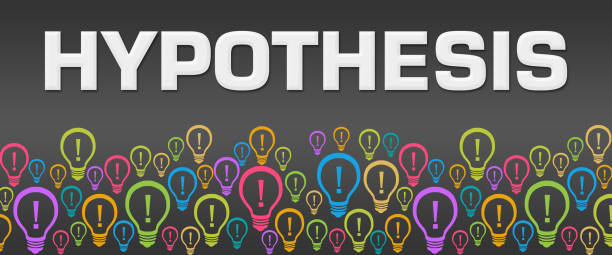
Understanding the process of empirical research in various fields
Introduction
When we talk about concrete evidence and real-world application, empirical research stands out. It’s a method that’s grounded in reality, relying on actual observation and experimentation. But what is it, and how is it distinct from other research approaches? Let’s explore the vast realm of empirical research.
What is Empirical Research?
Definition and Overview
Empirical Research is a way of gathering information by directly watching, experiencing or conducting experiments. Unlike other methods that might rely heavily on theory or philosophical arguments, empirical research is all about “seeing is believing.”
Differences from Theoretical Research
The process of theoretical research usually begins by taking existing theories as a starting point and then forming new hypotheses. But Empirical research usually begins with a question and gathers data to either establish a theory or support an existing one. The difference is between possibilities and real-world facts.
The Process of Empirical Research
Formulating a Hypothesis

Every research endeavor begins with a question. This question is then refined into a testable hypothesis. If you are wondering if music helps you work better, your guess could be, “Listening to music makes you work more efficiently.”
Collecting Data

After establishing a hypothesis, its time for data collection. This might involve conducting surveys, doing experiments, or even just observing people in their natural settings.
Analysing Results

Once you’ve gathered the necessary data the next step is to analyze the collected data. During this stage, researchers examine the data to find any recurring trends, connections or anomalies that could support or refute their initial idea.
Importance of Empirical Research
In Modern Science
Empirical research is the foundation of contemporary science. It’s the reason we trust medications, understand environmental changes, and even know how societies function. Real-world data is invaluable in drawing concrete conclusions.
For Policy Making
Empirical research plays a vital role in acting as a guide for governments and organizations, as they rely on this research to make well-informed decisions. Policies shaped by real-world data are more effective and beneficial for society.
Advantages and Limitations
Benefits
The primary benefit of empirical research is its validity. Because it relies on real data, the outcomes are usually more trustworthy. Moreover, it can be used in various fields, making it very flexible.
Challenges
However, empirical research isn’t without its drawbacks. Gathering data can take a lot of time and money. It is also difficult to make sure the information is fair and correct.
Empirical Research in Various Fields
In Medicine

Empirical Research in medicine has resulted in significant advancements in how we treat illnesses and our comprehension of diseases. Clinical trials, for instance, are a form of empirical research.
In Social Sciences
In subjects of psychology and sociology, Empirical studies helps us understand how people behave and the usual customs in society, among other things.
Tools and Techniques
Data Collection Tools
There are various tools available for data collection, from simple surveys to sophisticated sensors. The choice depends on the nature of the research.
Data Analysis Methods
After data collection, analysis tools like statistical software, data visualization platforms, and even AI-driven algorithms come into play.
Future of Empirical Research
Technological Advances
Due to the growth of technology, Empirical research is getting more sophisticated. Virtual reality, for instance, is being used for behavioral studies.
New Methodologies
As we evolve, our research methods do too. The future might see a blend of traditional empirical methods with modern tech-driven ones.
FAQs
- What sets empirical research apart from other methods?
Empirical research is rooted in real-world data collection through observation or experimentation, making it more reliable for drawing concrete conclusions.
- Is empirical research expensive?
It can be, depending on the nature and scale of the research. Data collection, especially on a large scale, can be resource-intensive.
- How is empirical research used in policy-making?
Governments and institutions rely on empirical data to formulate policies. It ensures that decisions are grounded in reality, making them more effective.
- Does empirical research always yield accurate results?
While it’s more reliable than many other methods, empirical research’s accuracy depends on unbiased data collection and thorough analysis.
- Are there any fields where empirical research isn’t suitable?
While empirical research is versatile, certain philosophical or abstract topics might not be best suited for this method.
- What’s the future of empirical research?
With technological advancements, empirical research will likely incorporate more tech-driven tools and methodologies, making it even more robust.
Conclusion
Empirical Research based on observations and experiences, has shown its worth in many different fields. Although it has some difficulties, the advantages are much greater, making it a crucial tool in our pursuit of knowledge.
External Links/ Sources:
